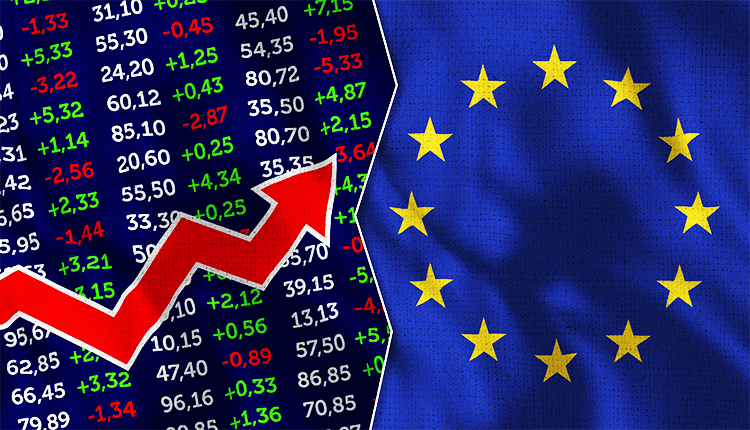
European stock rose
European equities and the euro rose on Wednesday as eurozone inflation slowed but remained high due to high energy prices.
Expectations that China will ease its strict COVID containment measures in the wake of numerous protests also helped to boost the markets. Gains were however restrained by leaders’ threats of a crackdown on dissent.
The key speech by Federal Reserve Chairman Jerome Powell, in which he was anticipated to lay out plans for future interest rate hikes to combat high US consumer prices, was anticipated by traders.
The eurozone’s inflation rate dropped to 10% in November, the first decrease in 17 months, but it remained high, according to the EU statistics agency.
Global central banks, including the Fed, have raised borrowing costs this year to cool red-hot inflation, fueled by economies reopening following the pandemic.
Meanwhile, Asian stocks mostly recovered on Wednesday as investors looked past weekend protests in China after officials announced moves to soften the zero-Covid strategy.
Data showing that China’s factory activity fell further in November highlighted the impact of the zero-Covid approach on the world’s second-largest economy.
By late morning, almost all sectors and major bourses were trading in the green, and the pan-European Stoxx 600 was up 0.6%, with autos adding 1.6% to lead gains.
Even though China’s November factory activity fell short of forecasts and dropped to its lowest level since April, Asia-Pacific shares were generally higher overnight. Since 2019, banks with more than £25 billion in deposits have been required to formally separate their consumer and investment banking operations, including holding separate pots of capital to protect against losses in each and having separate boards.
Two surveys released on Wednesday revealed a drop in confidence among British businesses.
A Lloyds Bank survey found business confidence at its lowest since February 2021 and well below the long-term average.
It also discovered that overall economic optimism fell for the sixth consecutive month, and hiring intentions were at an 18-month low.


